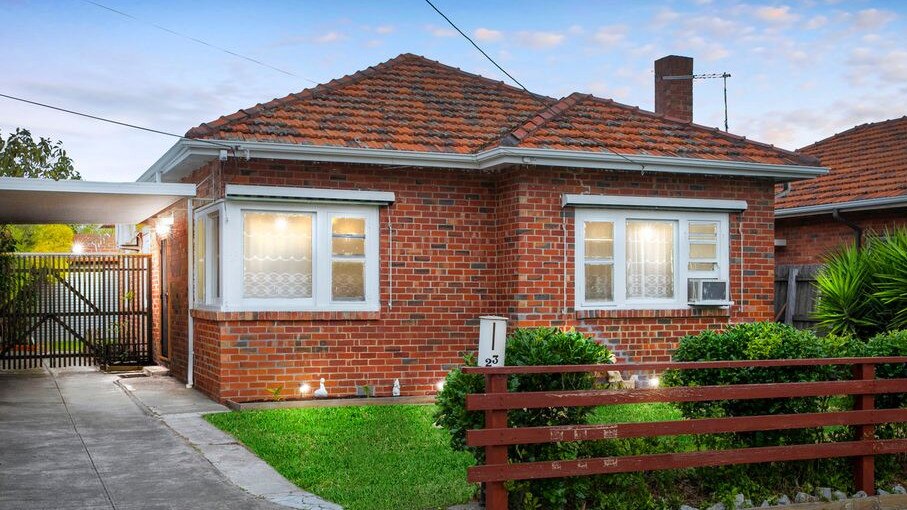TIPS FOR NEW HOME BUYERS
Buying a property can be such a joyous occasion in one’s life. Therefore, you want the transaction to go smoothly, and as much as possible, problem-free. Here are some of the tips we can give you as you venture out in buying new assets:

- Consider using a buyer’s advocate who specializes in searching, evaluating, and negotiating the purchase of a property.
They will provide you with access to properties that are exactly what you are looking for. They will also be handling the paper works and all the negotiations. Getting a buyer’s advocate makes the process a lot smoother since they are experts in this field and can take away the burden from your shoulders.
- Taking photos of the property is also encouraged upon signing the contract.
When appliances and accessories are included in the sale, it is important to ensure that all of them are working. This can serve as proof that can be used in the future. In most cases, the seller will already show you photos of the property. However, you must keep in mind that these photos are taken to serve them. Minor details and problems can be hidden outside these photos so make sure to take your own.
- Another important step in buying a home is obtaining a building and pest inspection report.
This will highlight any defects in the property This includes termites, plumbing or drainage problems, structural, electrical, or even as simple as roof damage. This is important to consider before purchasing a property because no matter how aesthetically pleasing the house may be, there might be some hidden damages that will be quite expensive to fix. Plus, this can give you leverage when negotiating the price, if conducted before signing the contract. You can also have the contract conditional upon a building and pest inspection report showing no major defects. Should there be a major defect, you can cancel the contract and refund your deposit if the contract contains this condition.
- Have a Solicitor review the contract, and ensure that you to read them yourself, before you sign.
Contracts can be negotiated, and some clauses can be changed here and there, It is also vital that you understand what you are signing and your obligations and if problems arise, your lawyer can help you deal with them and find solutions.

- Reading through the Section 32 and attached certificates.
Legislation requires a Vendor provides detailed information about the property before they sell it. In absence of this document, the buyer has the right to pull out of the contract. Section 32 should be completed by a lawyer to ensure the accuracy of the information.
This statement contains the information including property and vendor details, building permits, warranty insurance, specific charges, and disclosure of any notices. This is information that you need to know. Also, if there is an owners’ corporation, it is good to know what sorts of issues have been arising within the building as a whole.
- Loan pre-approval should be obtained before you sign anything.
It lets you know what you’re working with, your budget and makes you a more attractive buyer, giving you more room to negotiate, and therefore making it quicker for you to close a deal. It also includes a specific pre-approved interest rate. The better your finances look, the quicker your requests will be approved.
- Make your contract conditional upon formal Loan Approval.
Even if you have pre-approval, you will need to ensure that your bank approves the loan for the purchase of this particular property. The bank will need to ensure that the value of the property, through bank valuation, will be higher enough to cover the loan.
- Consider obtaining title insurance.
It protects both the buyer and his/her lender from the risks that the seller does not have free and clear ownership of the property and the establishment. If this happens, they cannot transfer the full ownership to you.
- Always check how reputable the developer is.
If you are buying off the plan, know who you are buying from. A good developer is someone who has excellent construction practice, is financially secured, as well as widely recognized. Property developers are people involved in developing or redeveloping properties. They understand the planning laws and construction requirements, which makes them credible in selecting properties that have a good investment return. You do not want to buy a property constructed in a shoddy manner, which will give you problems down the line. You also don’t want your deposit tied up for years only to have the developer go out of business.
- Actually do your Due Diligence
Attached to every contract of sale is a Due Diligence Checklist, which has been compiled as a result of common issues that buyers face. Take the time to go through this, not every point will necessarily be relevant, to ensure you are buying a property that is right for you.
Disclaimer:
The aforesaid is not legal advice and is only general in nature. Please obtain advice specific to your own circumstances, alternatively get in touch with the writer at http://hazelegal.com.au Please note that we do not endorse any of the services mentioned in this article, they merely serve as an example.